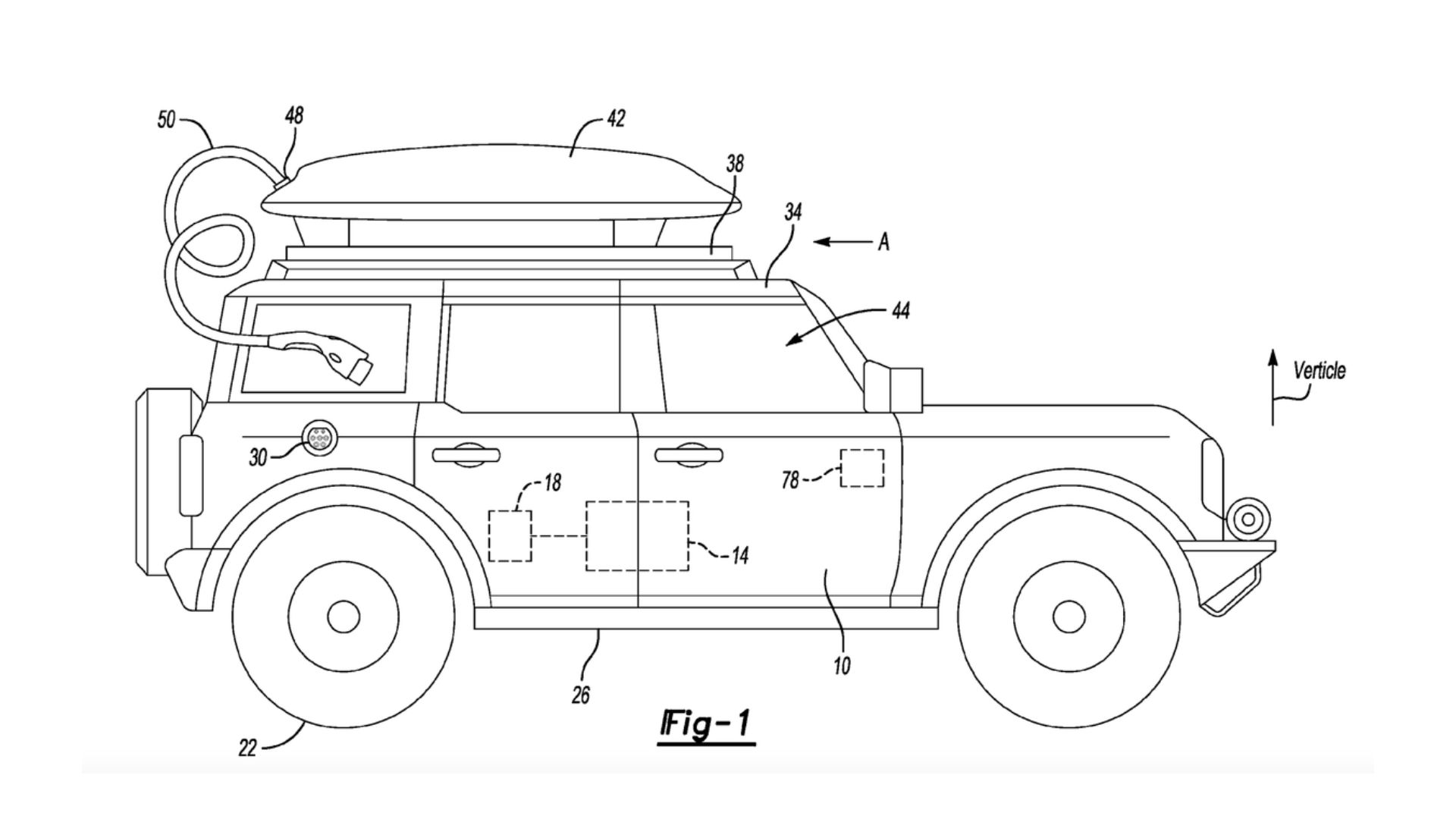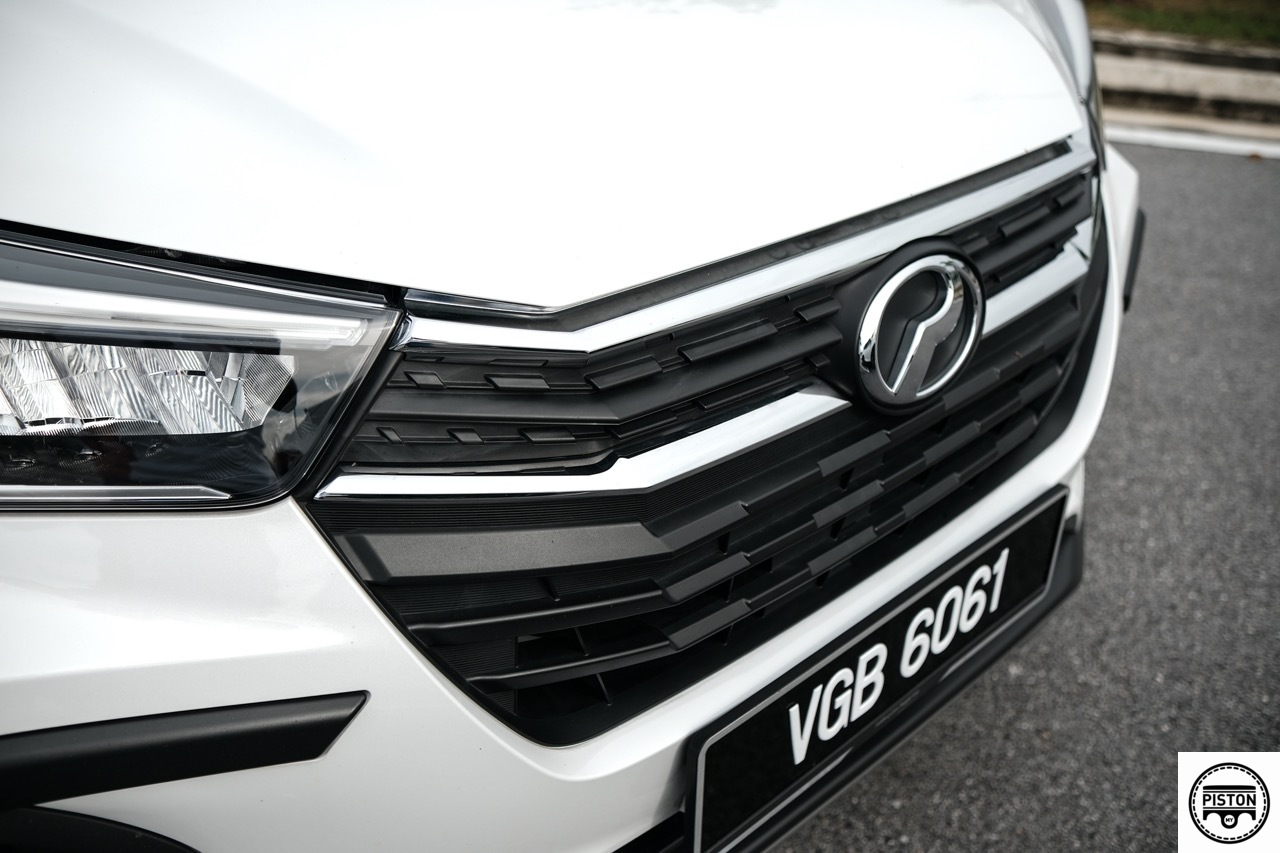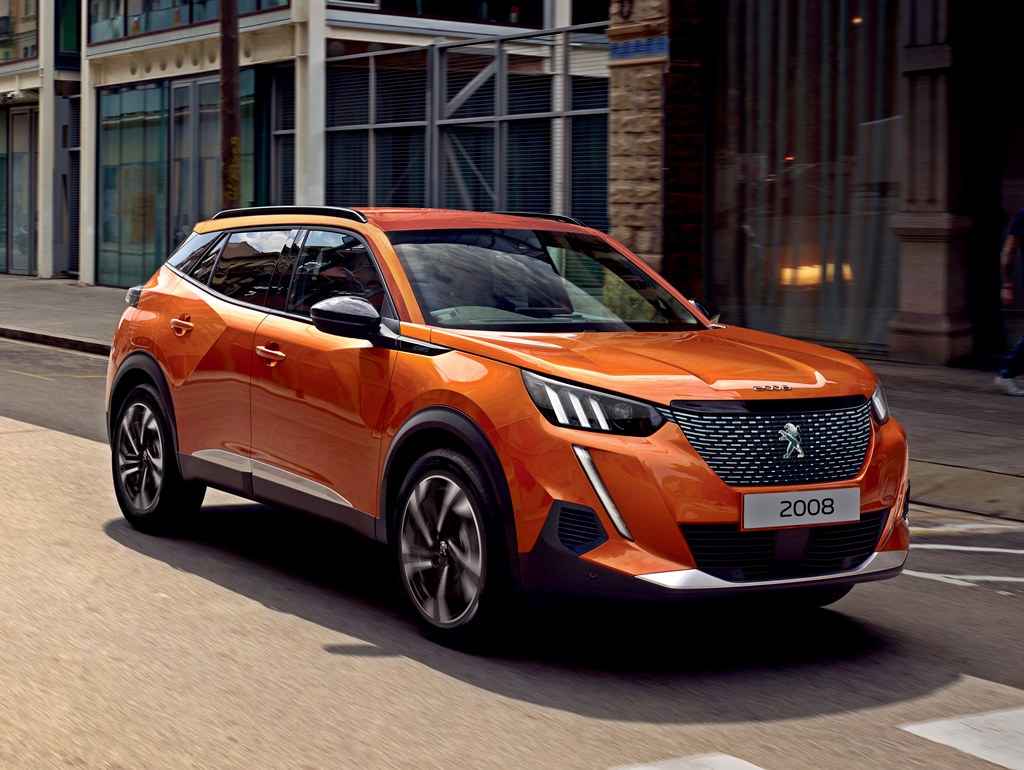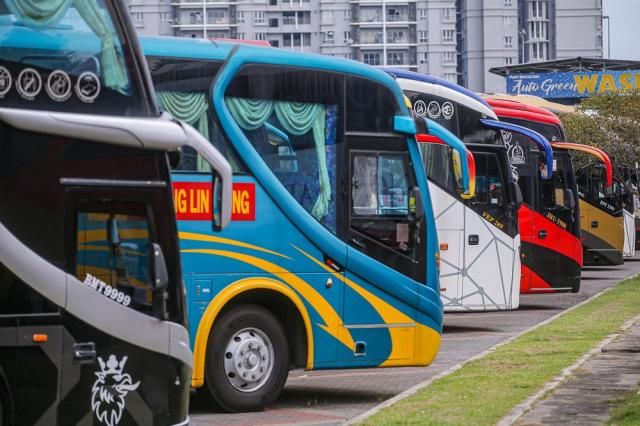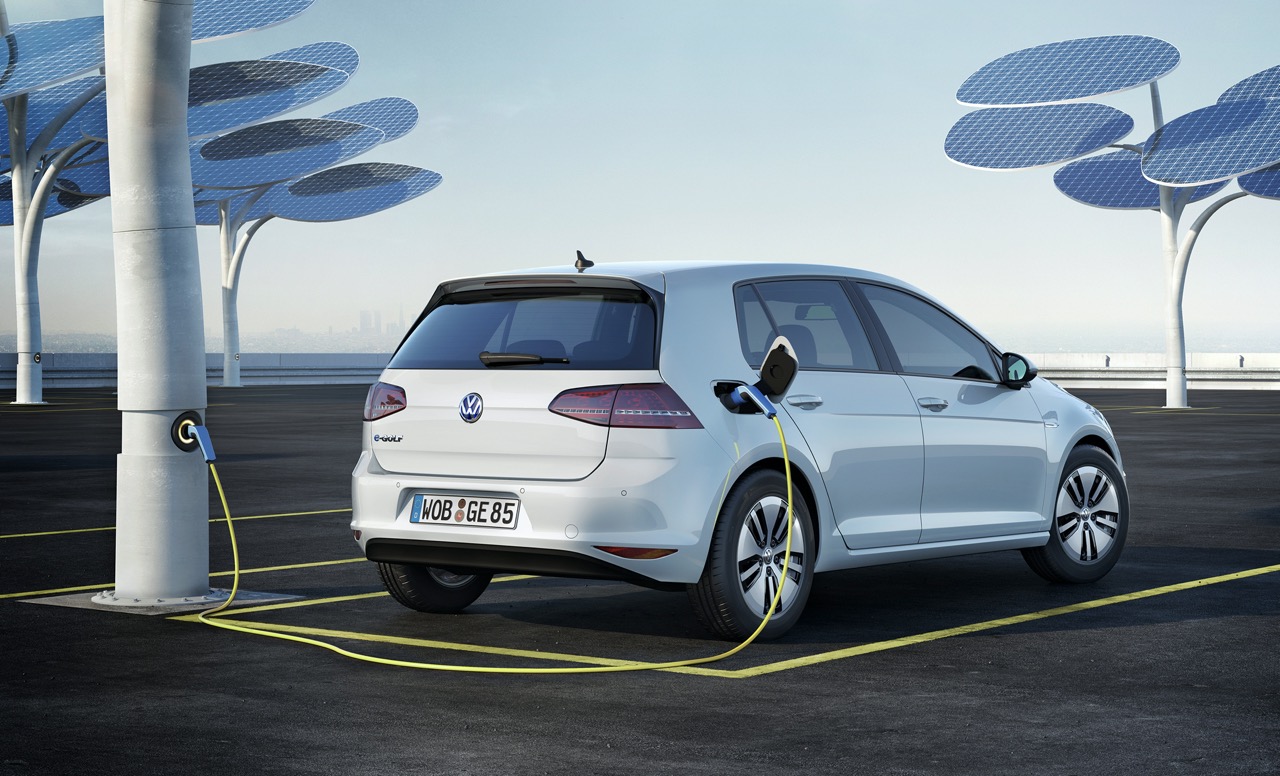With quicker charging times and greater ranges, electric vehicles (EV) have come a long way. Despite this, some customers still experience range anxiety, which is understandable. When travelling, you wouldn’t want to run out of power.
Ford recently came up with a concept to allay any worries about running out of charge. The American manufacturer recently submitted a patent application for an electric vehicle spare battery system located on the roof of your car.
The small spare battery pack can be “rented or leased, for example, prior to an off-roading trip,” according to the patent. Ford appears to want to make electric overlanding possible and remove the stress from campers’ minds about whether their car will start the next day. According to the patent drawing, the battery pack is equipped with a cable system that can be plugged into a car’s charging port to enable remote charging. It’s basically a power bank for electric cars.
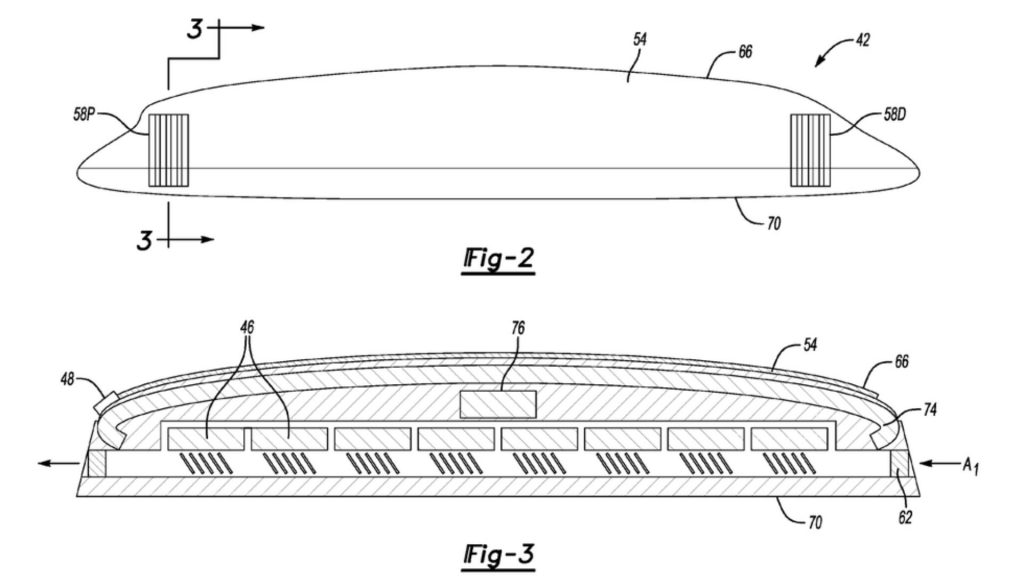
According to the patent, the battery pack may also be removable, allowing you to avoid driving about with a bulky object on your roof. The packs are also stated to be modular and accommodate different types of EVs in the file. According to Ford, the system ought to be simple to modify and maintain.
However, do you realise how heavy these batteries are? You would not only need to lug the existing battery in your EV but now there are two. The weight of an EV battery pack might reach hundreds of kilos. How will Ford strengthen the roof to support the weight? A rack cannot accomplish this on its own. Moreover, how does the battery get up there and back down?
For instance, the 4.4-kWh battery from the first-generation Prius plug-in hybrid weighed in at 80kg, according to the company.
Unless you’re Arnold Schwarzenegger, this shouldn’t be a problem. But ask any ordinary person who’s ever used a roof-mounted cargo carrier and they can tell you that you’d likely need at least one other person to assist with this task.
Additionally, it’s possible that this idea decreases an EV’s range, especially at highway speed, due to the additional weight and detrimental aerodynamic impact the additional pack will have on an EV.
It is obvious that this invention will not become a reality any time soon. It must serve as a stand-in until Ford develops the ideal electric off-road vehicle to use it with—and, more importantly until battery technology has improved to the point where the weight is no longer a concern.


